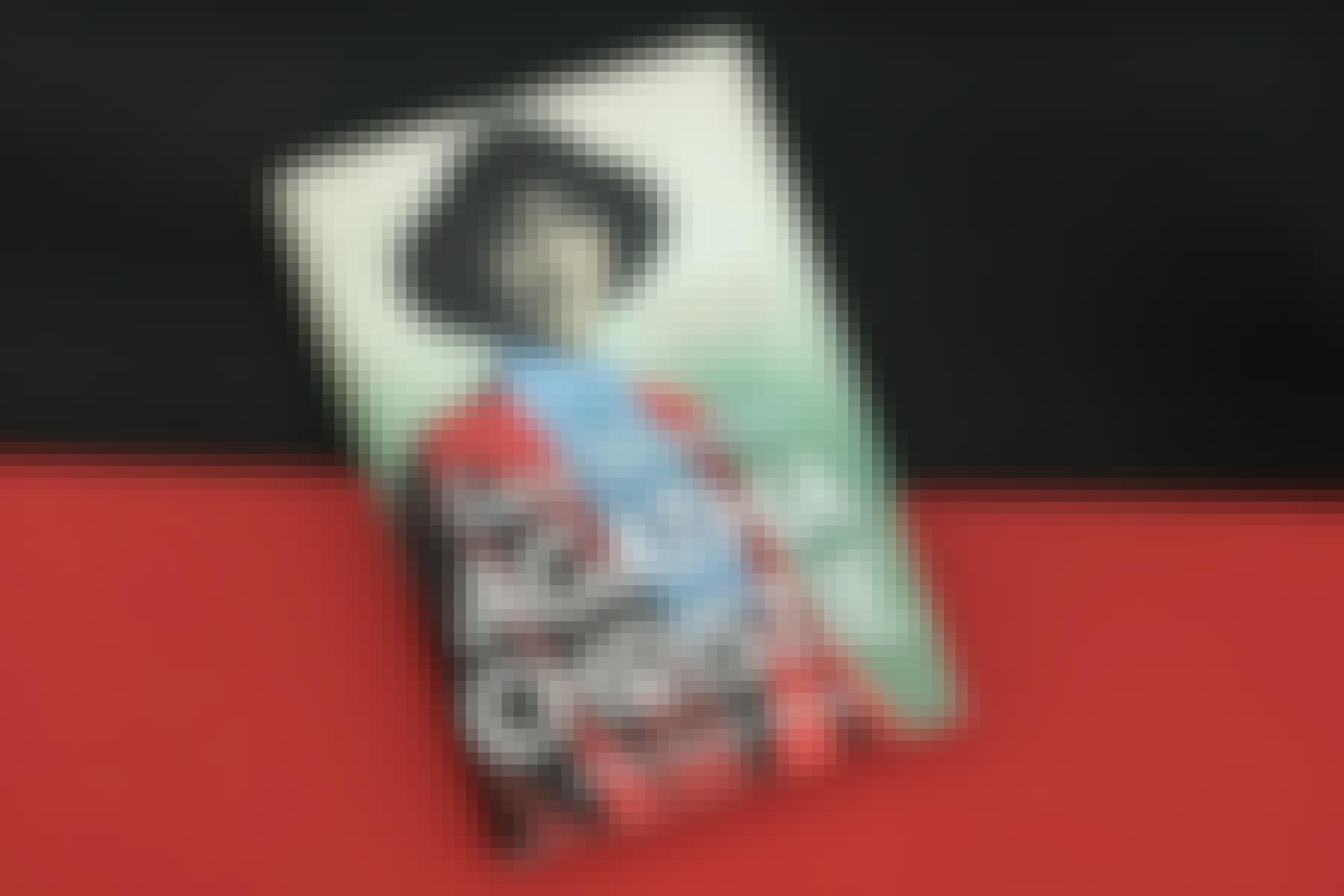Extract
The Golden Age: An Extract from Lucy Worsley's Christie Biography

[Spoiler Warning: This extract references a murder weapon, and a motive from Murder in Mesopotamia and The ABC Murders]
Lucy Worsley's bestselling biography of Agatha Christie was released earlier this year, and those of us in the UK have been able to enjoy a 3-part BBC documentary too. This short extract from the book demonstrates how expertly Worsley explores Christie's life from a personal and literary perspective, interweaving the context of the time, and of the Queen of Crime's career trajectory.
An Extract from Agatha Christie: A Very Elusive Woman by Lucy Worsley
Part Six Plutocratic Period, 1930s 'The Golden Age'
In the December of 1933, Max and Agatha made a trip to Egypt, travelling along the Nile to the Cataract Hotel at Aswan, and Death on the Nile was born. This story is classic mid-period Poirot in that he does not play a significant part until well into the action. He is no longer needed as the story’s stage manager, but Agatha didn’t feel able to cut out her most popular character altogether.
Again Death on the Nile contains a dodgy archaeologist, and Agatha indulges herself in a discussion of the parallels between detection and digging. Poirot describes his work as scraping away at the "loose earth" until he – like Max – is left with "the truth – the naked shining truth." Teasing Max became a theme throughout the 1930s: in Death in the Clouds a couple of gangsters turn out to be ‘learned and distinguished archaeologists’.
Max and his doings were even more central in 1936’s Murder in Mesopotamia. Agatha’s handwritten notes show it was based on the Woolleys and other real archaeologists. The narrator, Nurse Leatheran, has something of Agatha’s sensible nature and outsider perspective, and, in a nod to Max, she’s attracted to a quiet young archaeologist. "I had taken rather a fancy" to him, she says.
This story contains a beautiful example of the ‘Christie trick’ of the planting of a clue. We hear that "Dr Leidner was bending over looking at a lot of stones and broken pottery that were laid out in rows. There were big things he called querns, and pestles and celts and stone axes, and more broken bits of pottery with queer patterns on them than I’ve ever seen all at once." The unfamiliar, unexpected word – quern – jumps out of the muddle of pottery and axes and broken bits, but then the narrator Nurse Leatheran moves on to something else, and all is forgotten. Unless, that is, the strange word has been registered by the vigilant reader, who might not then be surprised when the quern turns out to be the murder weapon.
Critic J.C. Bernthal points out Christie clues are almost genius ‘because in each case she almost says “ta da!” as she plants each one. “A quern?” you might ask yourself, on first reading the passage, what’s that – oh, yes, it’s something archaeological. And then later, you’ll remember its existence.’
Despite its setting, Murder in Mesopotamia was a much more traditional work than its predecessor, The ABC Murders of 1935. Here the ‘Christie trick’ is to imply that the thing linking the crimes is the alphabet. Wrong! What really forms the pattern is yet another dysfunctional family drama: "the apparently public nature of the crimes has merely disguised a domestic murder after all". With this book, she’d also jumped head first into a new field, the nascent genre of the fictional serial killer.
About Lucy Worsley
Lucy Worsley OBE is Chief Curator at the charity Historic Royal Palaces and also presents history documentaries for the BBC. Her bestselling books include Queen Victoria, Jane Austen at Home, A Very British Murder, If Walls Could Talk: An Intimate History of the Home, Courtiers and Cavalier. In 2019 her BBC One programme Suffragettes with Lucy Worsley won a BAFTA. She also hosts the Lady Killers podcast for BBC Sounds. Visit Lucy Worsley's website
Find out more about the BBC documentary on iPlayer Agatha Christie: Lucy Worsley on the Mystery Queen

Agatha Christie: A Very Elusive Woman
Why did Agatha Christie spend her career pretending that she was 'just' an ordinary housewife, when clearly she wasn't? As Lucy Worsley says, 'She was thrillingly, scintillatingly modern'. She went surfing in Hawaii, she loved fast cars, and she was intrigued by the new science of psychology, which helped her through devastating mental illness.
With access to personal letters and papers that have rarely been seen, Lucy Worsley's biography is both authoritative and entertaining and makes us realise what an extraordinary pioneer Agatha Christie was - truly a woman who wrote the twentieth century.


 USA
USA 